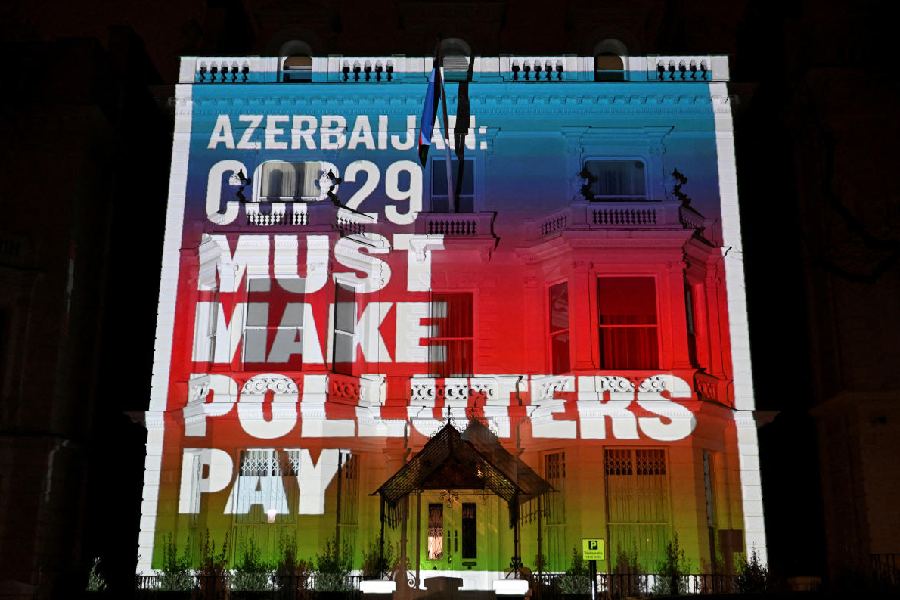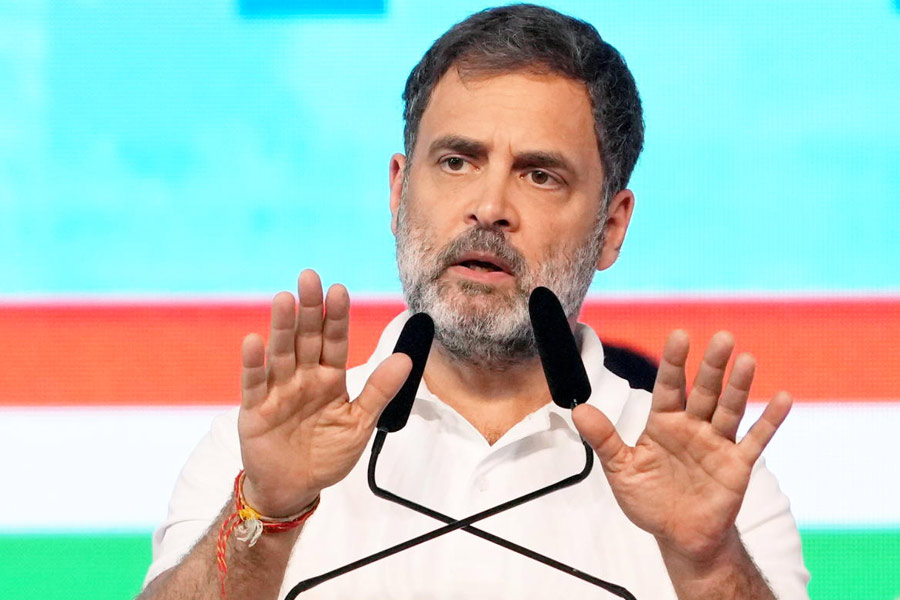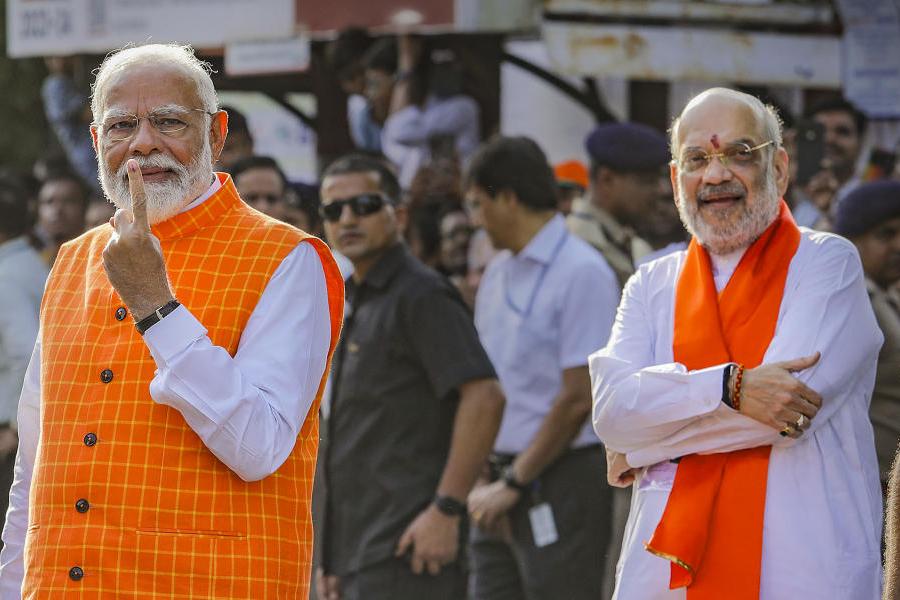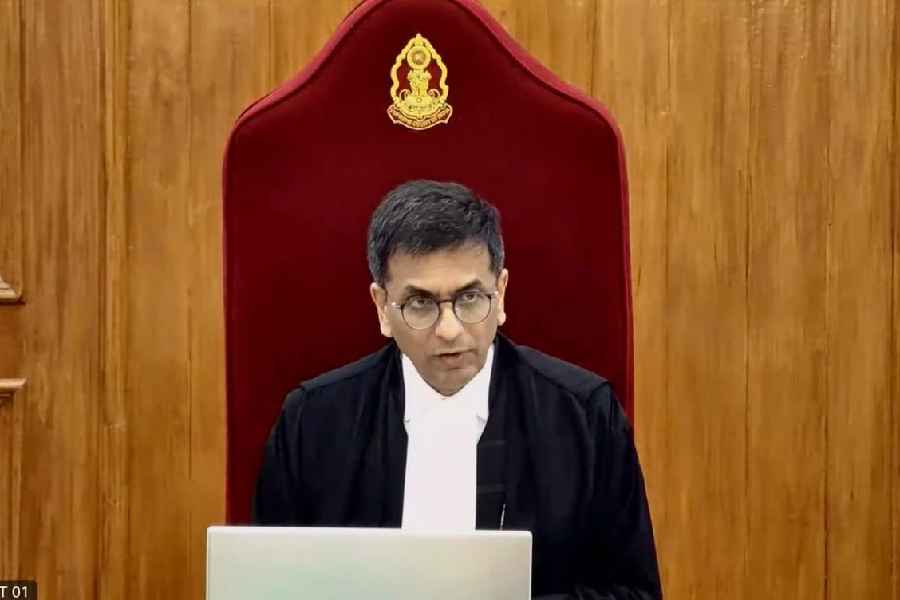Days before the COP29 climate conference opens in Baku, Azerbaijan, a major controversy has surfaced involving the summit’s chief executive, Elnur Soltanov. According to a BBC report, Soltanov, who also serves as Azerbaijan’s deputy energy minister, allegedly used his role to explore potential oil and gas investments with a man posing as an investor.
The undercover investigation, conducted by the human rights group Global Witness, has raised serious concerns about conflicts of interest at the climate summit, which aims to limit the world’s reliance on fossil fuels.
In a secret recording obtained by the BBC, Soltanov can be seen discussing potential deals for Azerbaijan’s oil and gas fields and suggesting joint ventures and new pipeline infrastructure. While he referenced Socar’s “green transitioning projects,” he later highlighted the country’s plans to expand gas production, describing natural gas as a “transitional fuel” that might remain in use.
Soltanov reportedly told the fake investor, “I would be happy to create a contact between your team and [Socar] so they can start discussions,” offering a pathway to explore oil deals.
Reacting to the development, Professor Emeritus of Geophysical & Climate Hazards at UCL, Bill McGuire, said on X: “This is why thousands of fossil fuel lobbyists attend the COPs - like flies buzzing around a long-dead carcass. They have all the world leaders in one place so they can bribe, cajole and force them to give up their oil, gas and coal . IT MUST STOP NOW.”
This incident follows last year’s controversy at COP28, where the UAE allegedly tried to broker fossil fuel deals while hosting the climate conference. Now, the Azerbaijani official’s actions have led to accusations of undermining the COP process, with environmental activists decrying what they see as a betrayal of the summit’s goals.
The United Nations Framework Convention on Climate Change (UNFCCC), which oversees COP, mandates strict standards for officials, requiring them to act “without bias, prejudice, favouritism, or self-interest.”
The UN has not commented on Soltanov’s case, but it reaffirmed that all hosts are bound by these standards. Christiana Figueres, the former head of the UN climate body, expressed shock, stating to the BBC that such behaviour amounted to “treason to the COP process.”
The report also reveals that the undercover investigation led to a proposed $600,000 sponsorship deal with the fake Hong Kong-based energy firm. As part of the arrangement, COP29 organisers allegedly promised exclusive access to high-level summit discussions and events on “sustainable oil and gas investing,” indicating a potential conflict with COP’s climate goals.
For Azerbaijan, where oil and gas comprise over 90% of exports and half the economy, the stakes are high. As one of the most fossil fuel-dependent COP hosts to date, the country’s role in the summit raises broader questions about the compatibility of fossil fuel interests with climate commitments.
The Intergovernmental Panel on Climate Change (IPCC) has clarified that developing new oil and gas fields is incompatible with limiting global warming to 1.5°C. While the IPCC acknowledges that some oil and gas usage may continue until 2050, experts have stressed that fresh development in these sectors is contradictory to global climate goals.
These allegations cast a shadow over Azerbaijan’s role in leading the summit. For many, Soltanov’s alleged actions signal an inherent tension between fossil fuel-rich host countries and the urgent need for climate action, raising doubts over whether COP29 can uphold its mission.
(With inputs from BBC)











